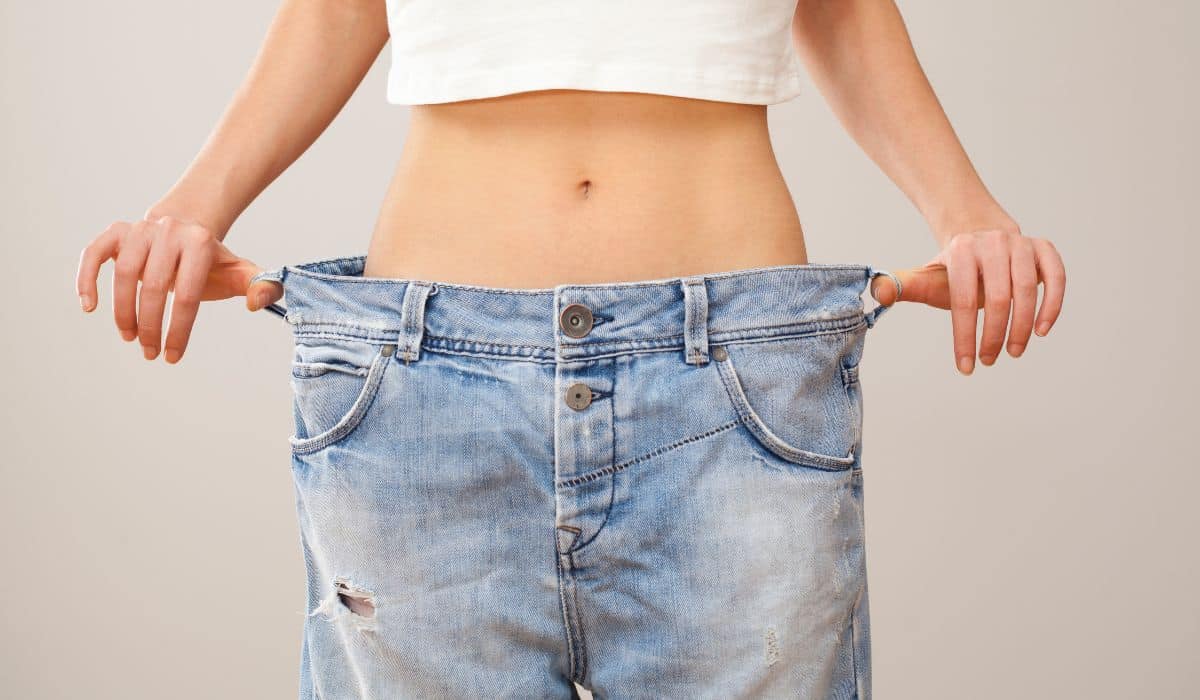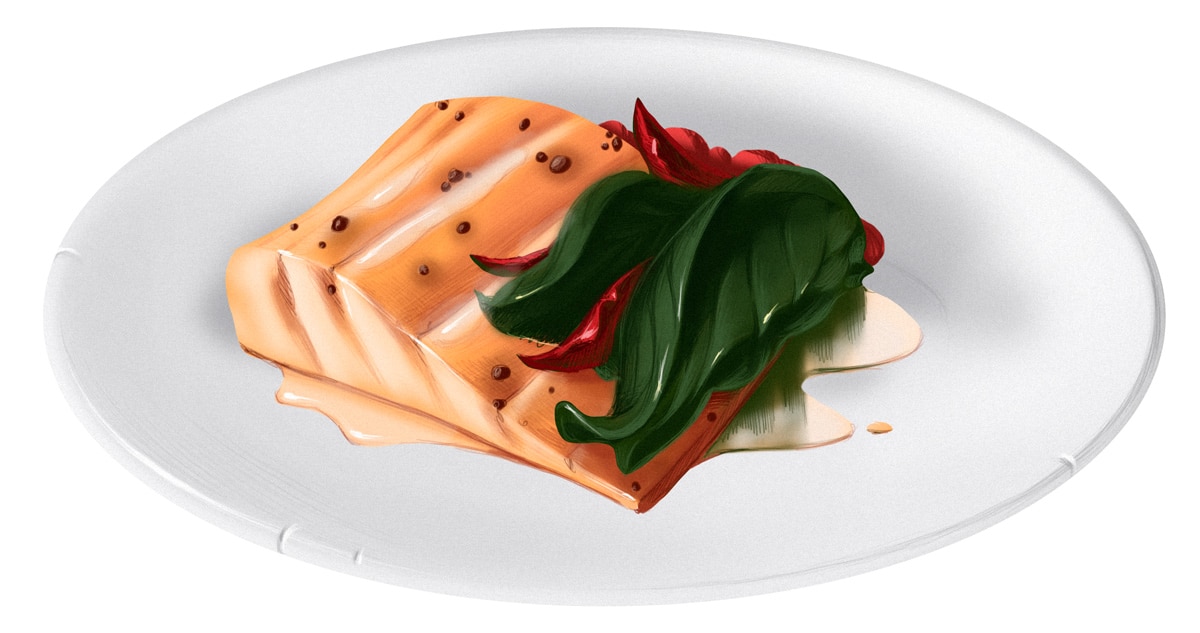
According to that repository of all our secret fantasies and fears, Google Trends, “Lose weight for wedding” easily beats out “lose weight for summer” for popularity - which is notable because summer happens every year to everyone, but weddings usually happen only once or twice in a person's life. Look in any women's magazine and you'll see confirmation: it's a big concern, and a huge industry.
Call it shallow if you want, but it makes sense. There’s the social pressure to have the perfect day, fantasies of looking radiantly beautiful (which to most people, means “thinner than I currently am”), taking pictures that everyone in the family will keep forever, and sometimes even hints from friends and relatives that that dress might look nicer if you had a bit less of a tummy. The socially acceptable reason to lose weight is for health, but there’s absolutely an element of wanting to look good on what might be the biggest spotlight of your life - and that’s a powerful motivator.
So without any shame or judgement about “losing weight for the wrong reasons,” let’s briefly take a look at some actual research - and yes, it’s been done! - on losing weight for a wedding.
Dieting for a wedding: the research
In news that won’t surprise anyone, it’s very common to diet ahead of your wedding day. In one study, 75% of brides-to-be wanted to exercise or eat better in the abstract, and 35% planned to cut out either fat or carbs pre-wedding to lose weight. (What’s a good crash diet without a demon nutrient that must be exorcised from your plate at all costs, right?) On average, the women wanted to lose about 18 pounds for the wedding. Fewer men (about a third) are seriously worried about wedding weight loss, but it’s not unheard-of.
Seems reasonable, right? Depending on how early you start, 18 pounds isn’t all that much. So how do they do?
Well, statistically most don't succeed. Even worse, most women who think they need to lose weight for the wedding end up heavier 6 months after the wedding - there's a rebound effect.
This isn’t exactly encouraging news. But is there a way to do it better? First some troubleshooting.
Why wedding diets fail
Poor use of motivation
Wanting to look good for your wedding is a fine jumping-off point for motivation, but it can’t end there. For one thing, look back up the page - that rebound effect is brutal. But it makes sense: if you're relying on short-term motivation to force yourself into a diet you hate, wouldn’t you stop right away after the big day - and probably console yourself with a dozen donuts for your months of pain and deprivation? This is a terrible motivational strategy, and it’s awful for long-term health. It’s healthier to not lose weight than to lose weight and gain it all back. Even if you’re at a "normal" weight, yo-yo dieting is worse for your health than just staying where you were.
Stress
Another problem wedding diets is that by their nature, you’re doing them while planning a wedding, which is a giant stress-fest. Some people lose weight when they’re stressed, but it’s more common to gain weight - stress has physiological effects that limit weight loss and is also a big motivating factor in comfort eating. Also, when you’re run off your feet trying to coordinate decor and catering and guest lists, and meanwhile the invitations printed wrong and your great-aunt Mathilda is offended that she can’t bring her six chihuahuas, it’s not exactly easy to make time for cooking healthy food from scratch. It’s no surprise that people struggle to lose weight in that kind of environment!

Sometimes the diets are just bad.
Sometimes, the suggested wedding diets are just ridiculous. A psychologically normal human can’t last very long on 800 calories a day, or on a diet that’s both low-carb and low-fat, or on dumb proprietary plans where you eat gross food full of fake sugar all the time and are always hungry. A lot of them are very stupid and recommend things like juices or cleanses to “detox” (this...doesn’t work). It’s hard to lose weight on any kind of diet when you’re stressed and busy, but being on an objectively ridiculous starvation diet that you can’t wait to quit definitely doesn’t help.
Is Paleo or keto different?
It can be.

The real difference between Paleo/keto and the pre-wedding diets in bridal magazines isn’t just the type of food. It’s the approach to food. Paleo and keto are both designed to be livable in the long run for people who prioritize long-term goals and sustainable weight loss that improves their health. These are ways of eating that you can adopt and stick with for years - adapting as necessary for your own particular body.
Could you use keto or Paleo as a get-thin-quick diet? Sure: you can plug anything into the “suffer until your wedding day and then binge” template and get the same unimpressive results. But why do that, when instead you could use that wedding motivation to get started on something that’s more likely to succeed - and less likely to backfire after the wedding day?
Wedding weight loss, the Paleo way!
The “magic” combo isn’t actually magic: it’s really just a decent motivational strategy plus a diet that doesn’t make you hate your life.
Imagine a motivation for eating well beyond the wedding day. Do you want to be healthier? Stronger? Even if your one and only motivation is vanity and looking good in a dress, don’t you want to look good on your honeymoon? Your first anniversary? Your fifth? Why do separate crash diets for each event when you could just hit a comfortable weight and stay there?
Use the wedding date as a benchmark goal date (gotta jump on that initial motivation while you’ve got it!) but put that into context of something bigger.
- Old goal: “I want to lose X pounds by my wedding day to fit into my dress.”
- New goal: “I want to get into a groove of healthier eating habits so I can deal with my PCOS and my blood pressure, and one of my goals along the way is to lose X pounds by my wedding day.”
That way, the wedding day becomes the short-term motivation to help you form good habits...that you can then use to keep eating well in the long term.
Relatedly, ignore everyone else’s plans for your body. The very worst part of this study: about one in three brides-to-be had been told to lose weight by someone else. If you’re old enough to get married, you’re old enough to make your own decisions about food, and your body size is nobody’s business but yours. If your friends and relatives don’t want to look at your body in a pretty dress at whatever weight makes you feel comfortable and happy, they can stay home.
Next step: pick your flavor of Paleo. Will you do a keto approach (almost no carbs?) A more moderate-carb approach with less fat? Vegetarian Paleo? Low-FODMAP to deal with any lingering digestive issues?
Here’s a good out-of-the-box template for Paleo to get started. If you’re confused by the options or don’t know where to start, start here. Adjust and tweak as necessary, but an imperfect start is better than no start at all. This template is designed to control appetite while you get to eat tasty, satisfying food that makes you feel healthy and strong. The whole point is that you don’t have to suffer through it. It’s basically the opposite of some weird juice-and-chicken-breast cleanse.
Relatedly: about the stress. Paleo is about lifestyle as much as it is about diet, and that means stress (which, remember from above, can sabotage weight loss like nothing else). If it’s really important to be at a particular weight for your wedding, then the stress management you need for weight loss is part of the wedding prep process: schedule it in like anything else! On the nutritional side, check out some nutrients that can help with stress management.
Even better than a “wedding diet”
Paleo is a good wedding diet because it’s more than a wedding diet. It’s a whole approach to weight loss that works better than the “wedding diet” concept because it works in the long term - physically and psychologically. And it’s way more fun than eating diet bars and juice cleanses!





Leave a Reply